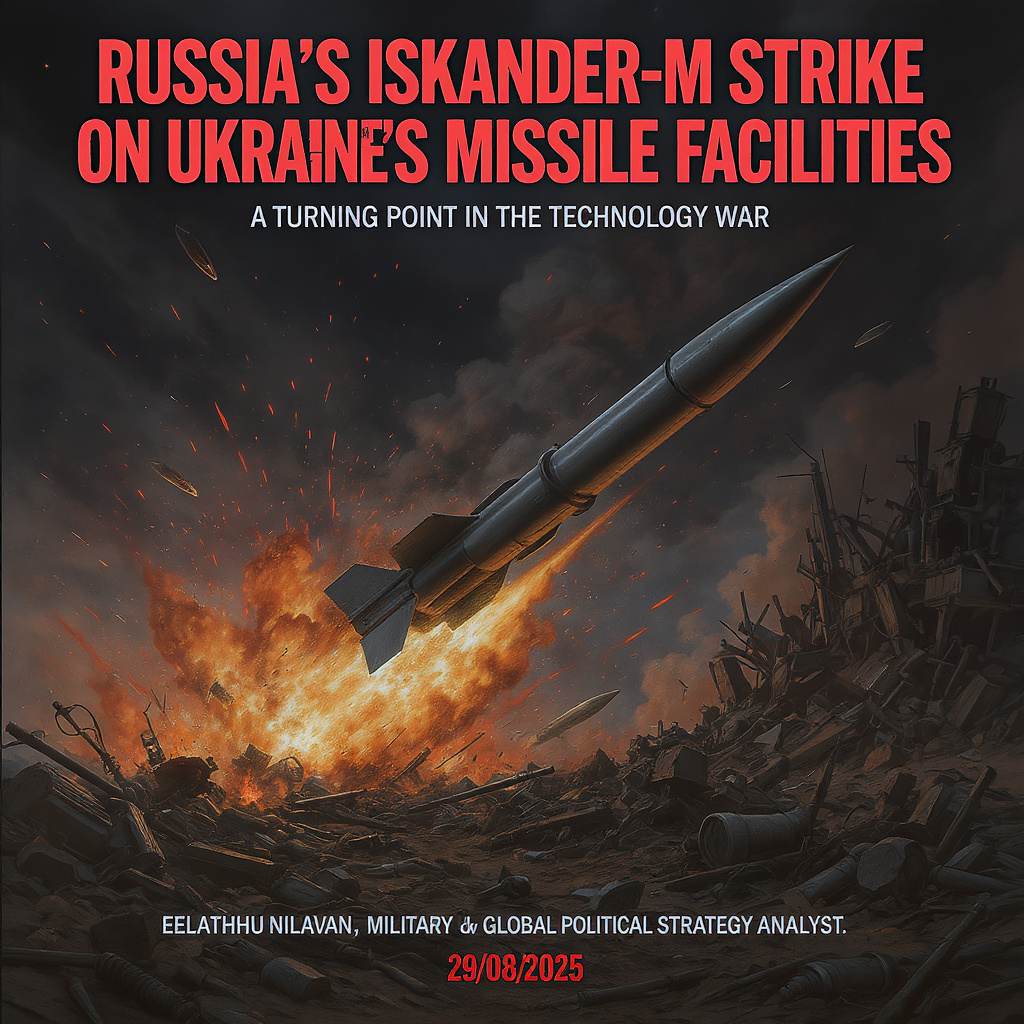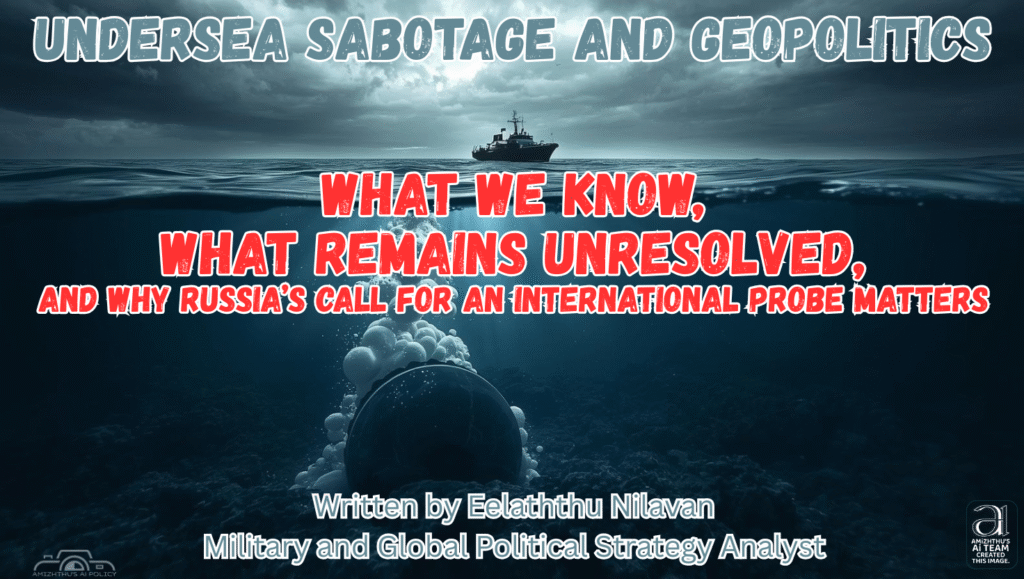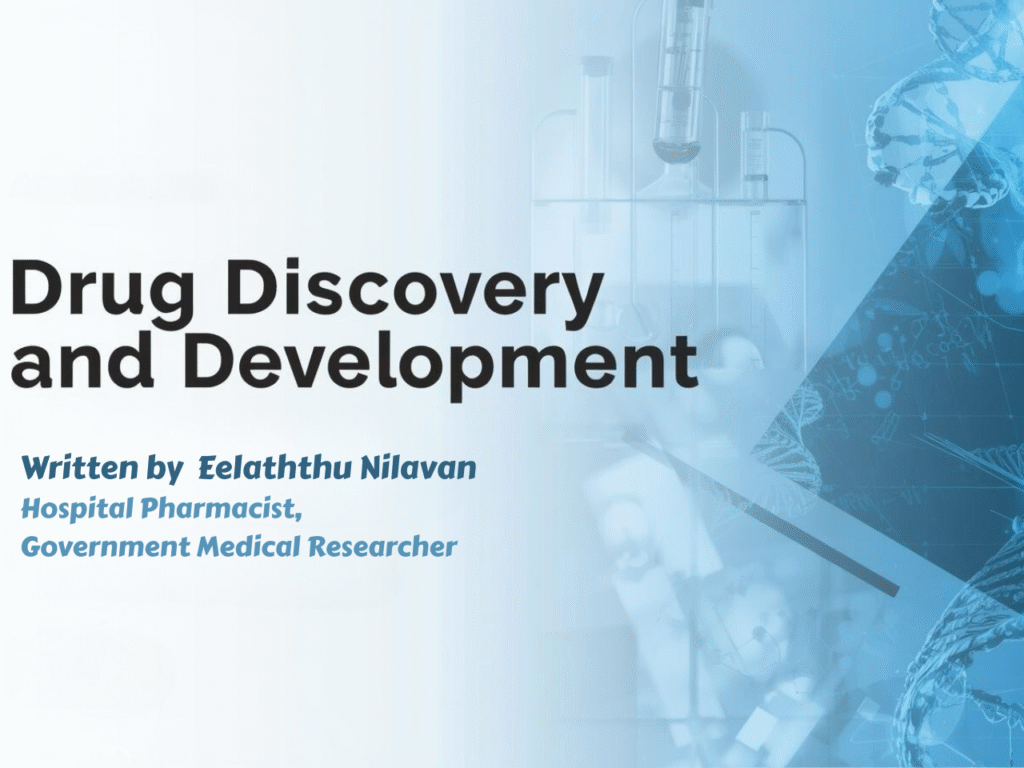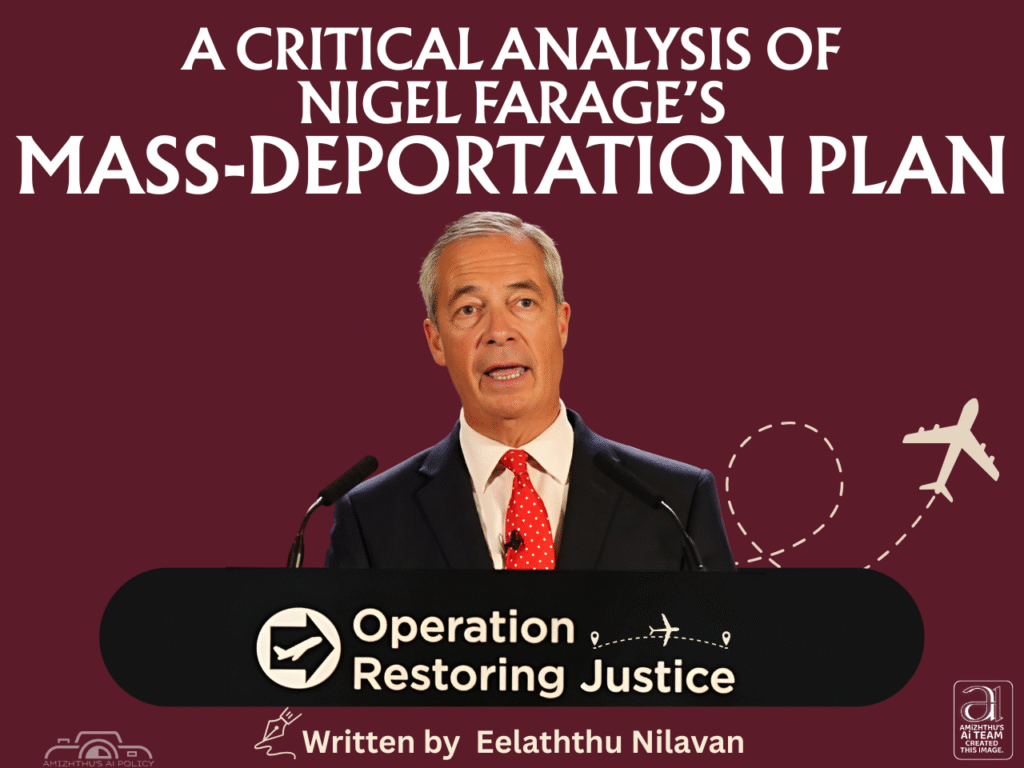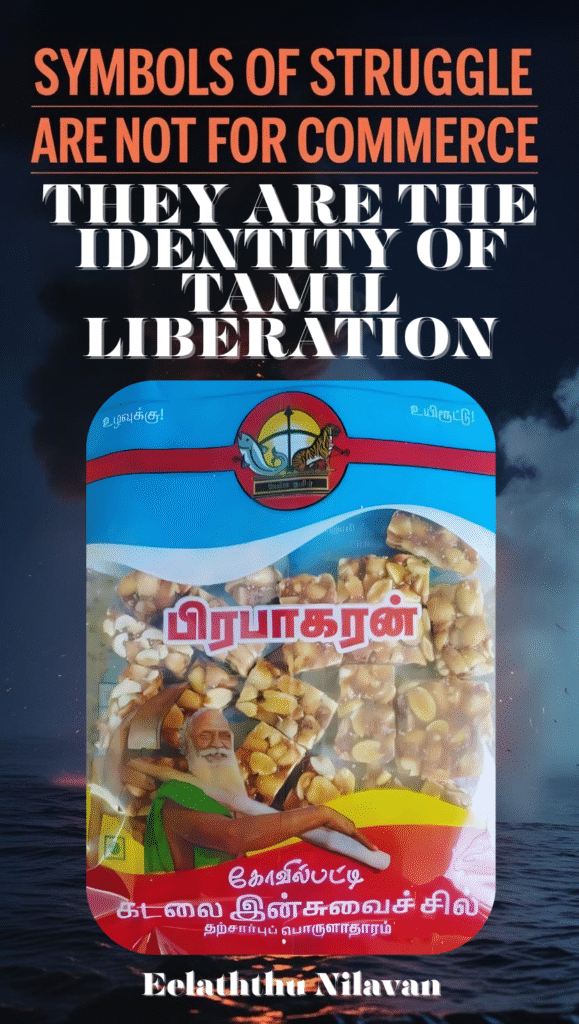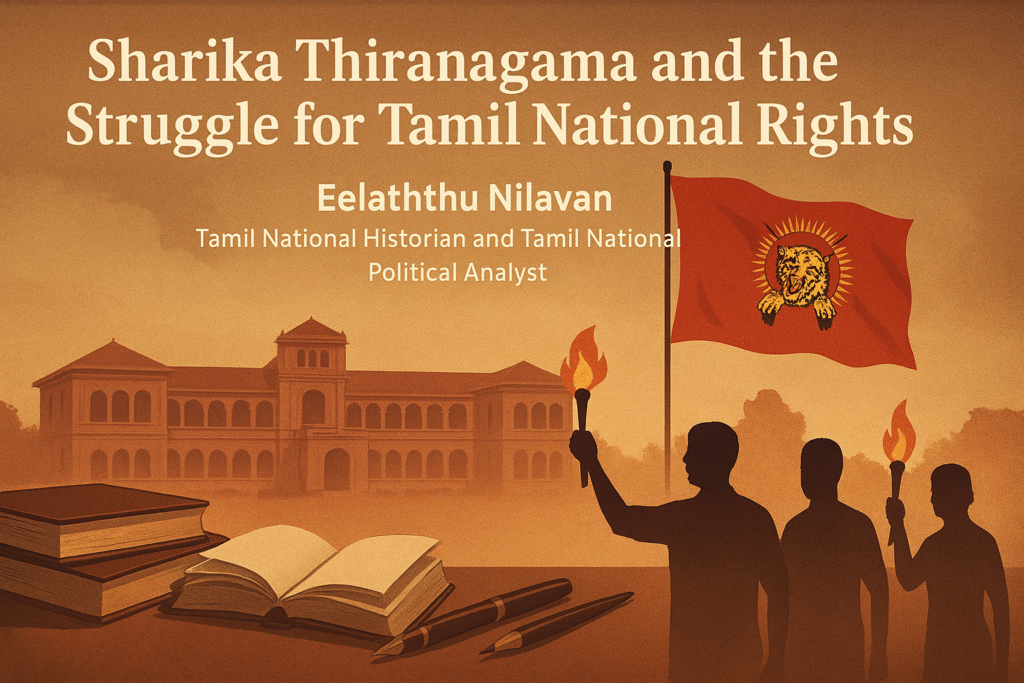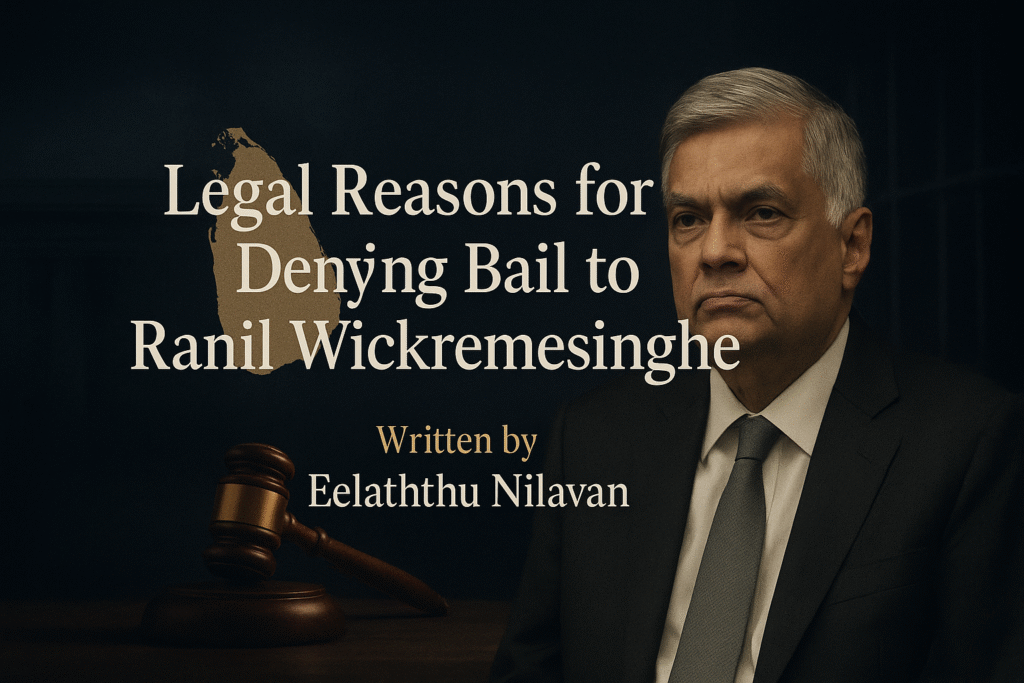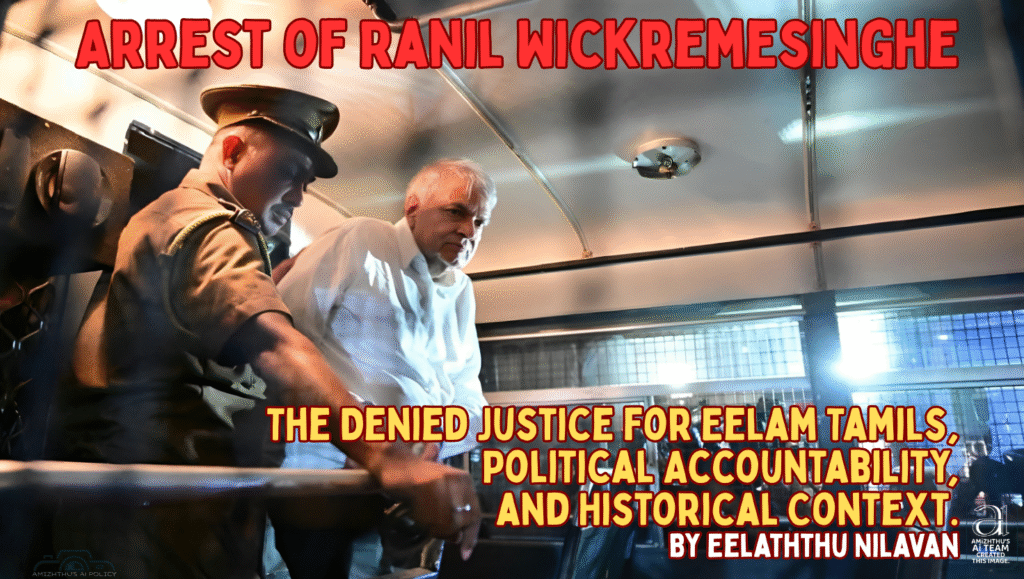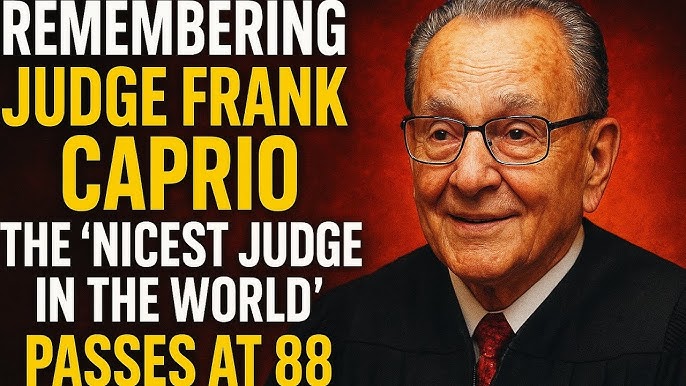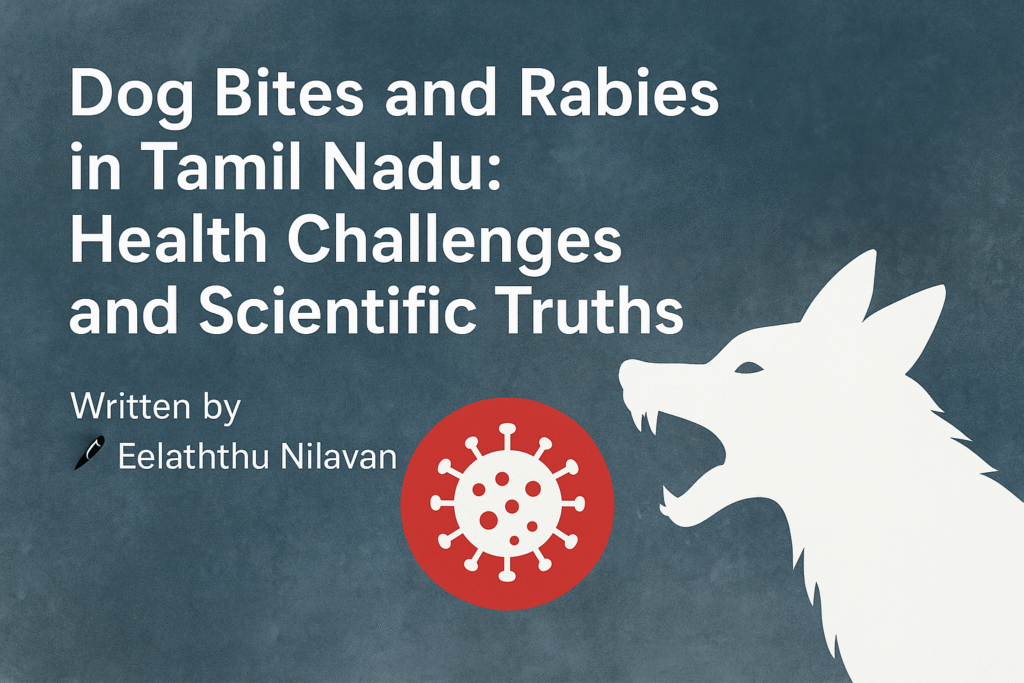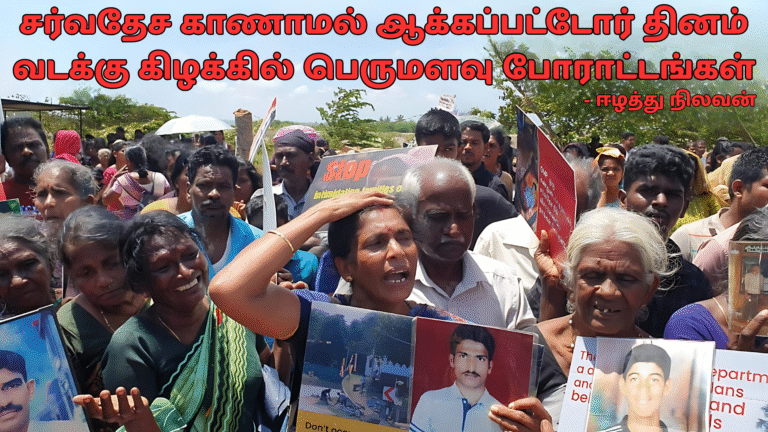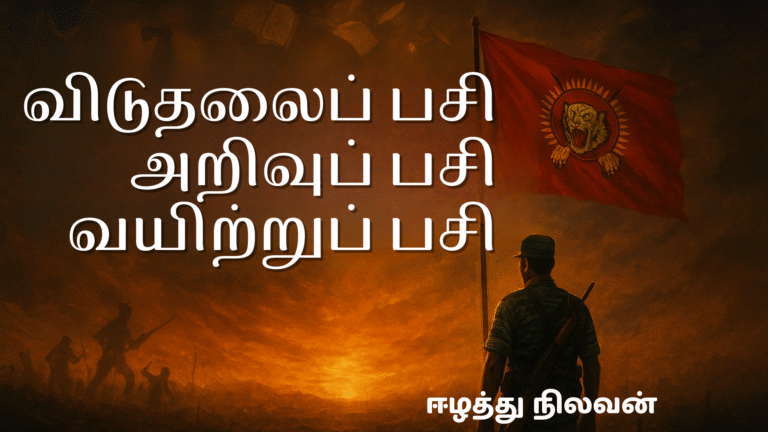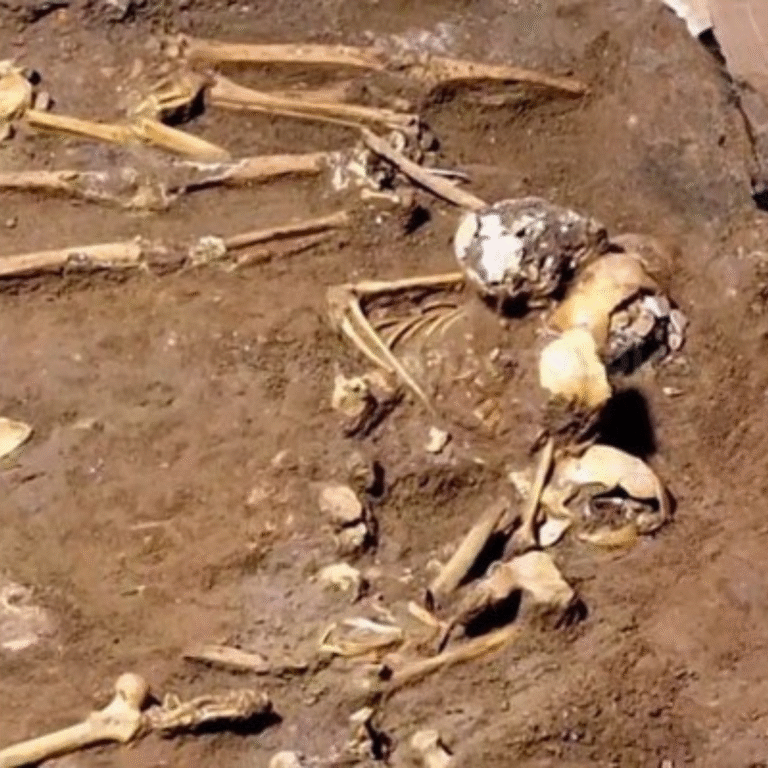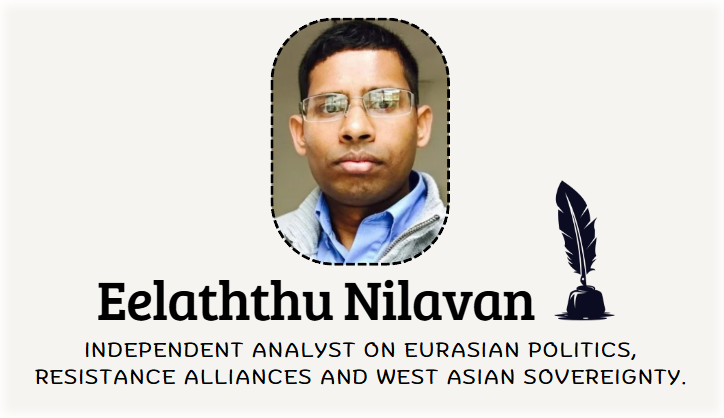
Written by:
Eelaththu Nilavan
✦. Beyond Mullivaikkal – The Silence of the World
In May 2009, when thousands of Tamils were massacred in the final phase of the Sri Lankan civil war at Mullivaikkal, the international community remained largely silent, failing to take any meaningful action. This was not merely the end of a war — it was the deliberate extermination of a people, an act of genocide. From that point forward, Tamils across the world began to rise up, demanding justice and truth.
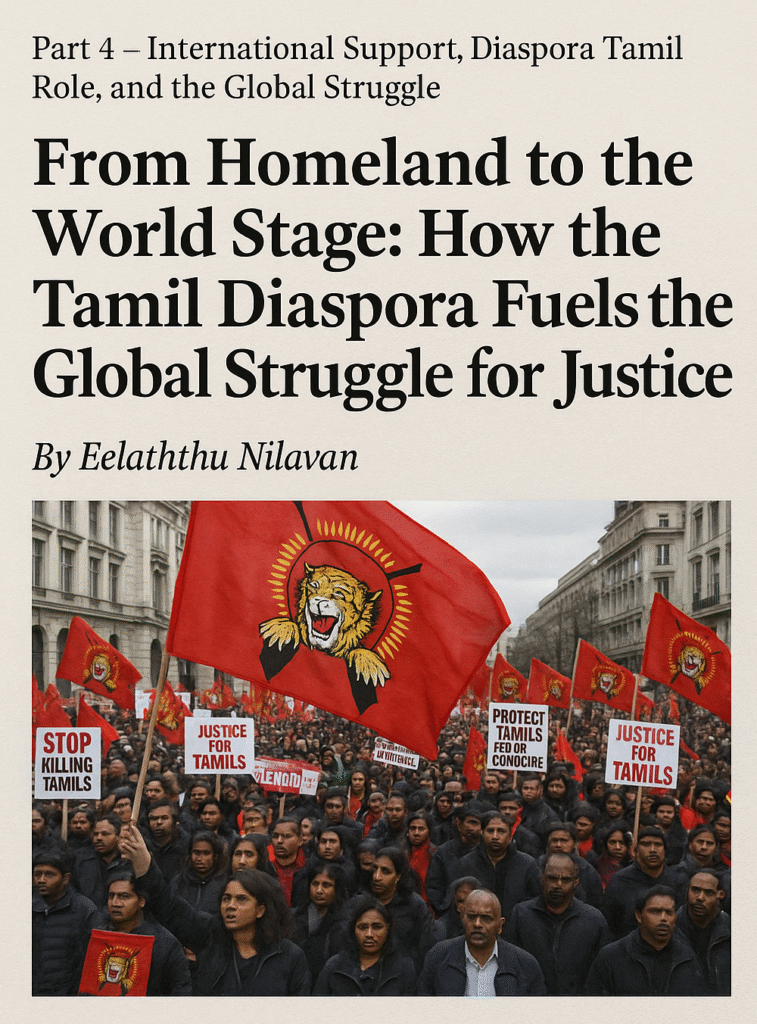
✦. The United Nations Negligence
The United Nations (UN) did not act during the massacre but only responded after the bloodshed.
The Petrie Report (2012) criticized the UN for its failure to prevent or mitigate the atrocities.
The UN Expert Panel Report (2011) documented multiple war crimes committed by the Sri Lankan state, including:
Genocide and targeted killings
Sexual violence
Violations of international humanitarian law
Suppression of journalists and activists
✦. India’s Double Standards
The Indian government provided military and intelligence assistance to the Sri Lankan government during the war, aiming to eliminate the Liberation Tigers of Tamil Eelam (LTTE).
Yet, the people of Tamil Nadu rose in widespread protests, denouncing India’s complicity.
Students, intellectuals, writers, and activists across Tamil Nadu launched:
Hunger strikes
Silent candlelight vigils
Vehicle shutdowns
Massive street demonstrations
India’s foreign policy stood in contrast to the emotional and political solidarity shown by its Tamil population.
✦. The Global Tamil Diaspora Uprising
After 2009, the Tamil diaspora across the globe united as one voice for justice. They played a crucial role in exposing the genocide to the world.
❖. Major Countries and Diaspora Mobilization:
Country Diaspora Action

United Kingdom 100-day hunger strike, mass protests in front of Parliament, media awareness

Canada Lobbying MPs, installing genocide memorials

Australia Meetings with politicians, media advocacy

France Silent protests, cultural events

Germany Human Rights submissions

Norway’s Strong diplomatic support, public forums
✦ Key Tamil Nationalist Diaspora Organizations & Their Current Activities
After the end of the war, the Tamil diaspora did not fall silent. Instead, it responded with political awakening, forming and strengthening organizations focused on justice, remembrance, and the pursuit of Tamil Eelam. These organizations engage in legal, political, cultural, and community-centered activism to ensure the struggle for Tamil rights remains alive globally.
❖. Transnational Government of Tamil Eelam (TGTE)
✺. Advocating for Tamil justice at the United Nations Human Rights Council
✺. Legal campaigns for international criminal investigations against Sri Lanka
✺. Promoting the political rights of Tamil Eelam through campaigns and documentation
✺. Publications, legal briefings, political lobbying, and engagement with international institutions
✺. Organizing remembrance events and Tamil nationhood awareness initiatives
❖. Tamil Coordinating Committees (TCC)
✺. Operating in countries like the UK, Canada, Australia, Norway, France, etc.
✺. Organizing annual remembrance events and Tamil national commemorations
✺. Supporting translation projects, documentaries, monuments, and cultural preservation
✺. Mobilizing diaspora communities to stay connected to the Tamil liberation cause
✺. Engaging the public in awareness of Tamil history, genocide, and national identity
❖. Tamil Youth Organization (TYO)
✺. A global youth movement uniting Tamil youth around the world
✺. Active chapters in the UK, Canada, Germany, Switzerland, Australia, Norway, France, and more
✺. Focuses on remembrance, national identity, language, culture, and education
✺. Hosts political awareness events, cultural festivals, media campaigns, and sports tournaments
✺. Encourages youth to participate in the Tamil liberation struggle through modern activism
✺. Strong online presence and content creation for national consciousness
❖. Impact and Vision
These organizations together form a political, legal, and cultural frontline in the international arena for Tamils. Through remembrance days, legal filings, awareness campaigns, and mobilization of the younger generation, they keep the idea of Tamil Eelam alive in the global consciousness.
Each documentary, legal submission, commemoration, and youth-led initiative is not just symbolic—it is an act of resistance and a call for justice.
✦. Selective Global Justice
Though many Western nations condemned Sri Lanka’s crimes, actual punitive action was minimal.
Only a handful of European countries have supported stronger accountability measures.
UNHRC resolutions were often watered down, failing to deliver real justice.
The double standards of international justice became obvious: some nations were punished harshly for lesser crimes, while Sri Lanka walked free, protected by geopolitical interests.
✦. Ongoing Remembrance and Struggles

Memorial Events:
May 18 – Mullivaikkal Remembrance Day is commemorated worldwide by Tamils with:
Peaceful rallies
Tamil Genocide Remembrance Week
Candlelight vigils

Media and Awareness:
Short films, interviews, digital storytelling projects, and international documentaries are exposing hidden truths to new audiences.

Youth Leadership:
A new generation of Tamil youth — law students, journalists, historians — are fearlessly documenting and broadcasting the truth.
❖. Conclusion: A Rising Tamil Eelam, Rooted in Memory
Though the world remained silent in 2009, Tamils were never silent. Through persistent, peaceful international mobilization, they have raised their voices.
Even though the Liberation Tigers of Tamil Eelam were militarily defeated, the dream of Tamil Eelam lives on.
The global Tamil community — especially the diaspora — has become a powerful political force, ensuring the struggle for freedom, dignity, and identity continues.
| Mullivaikkal was not the end. It was the beginning of a global Tamil awakening.

Next Up: Part 5 – The Intelligence Unit and the Heroes Who Died in the Line of Duty

Written by: Eelaththu Nilavan
09/07/2025
The Liberation Struggle of the Tamils
A Historical Documentation
– by Eelaththu Nilavan.
The views expressed in this article are the author’s own and do not necessarily reflect Amizhthu’s editorial stance.
More From Author –

